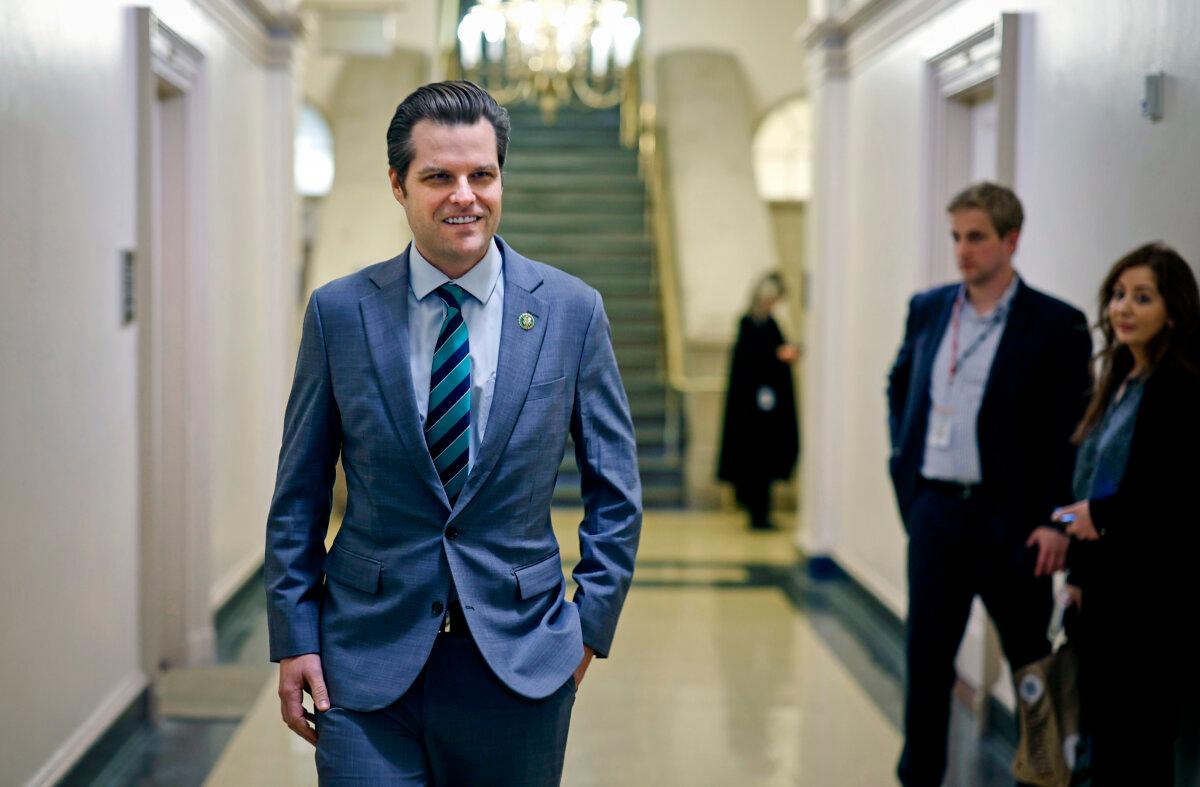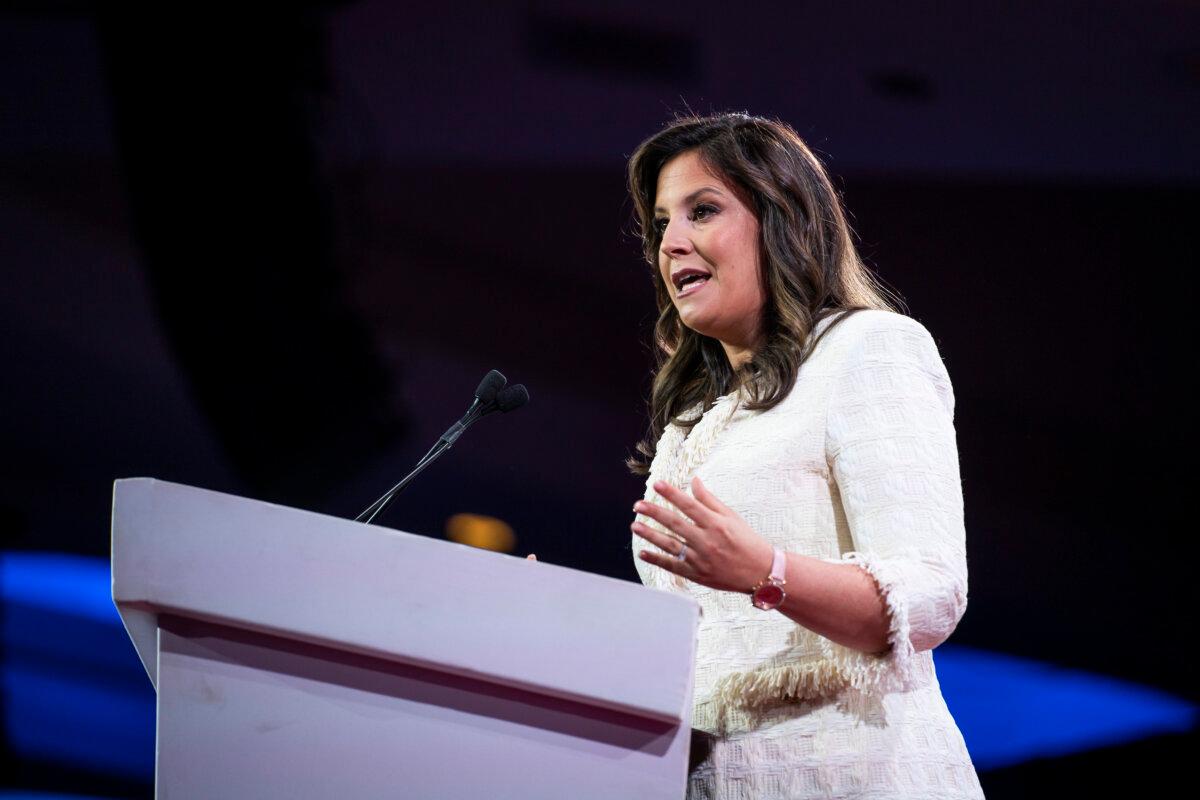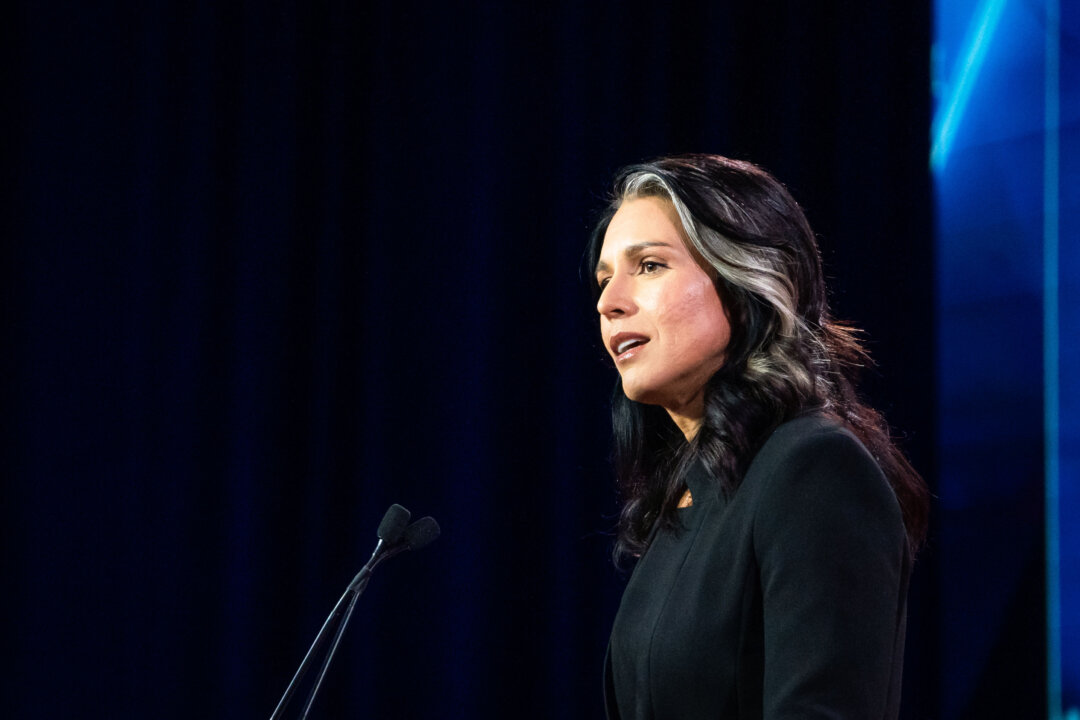Gabbard, Rubio, Hegseth, Stefanik and others make for a diverse group under Trump’s big tent.
News Analysis
President-elect Donald Trump has already named many of the men and women he wants to fill pivotal foreign policy and intelligence roles.
Trump’s picks, analysts told The Epoch Times, reflect a mixture of different foreign policy perspectives, aligning with the coalition that helped elevate him to the White House, a group ranging from the more hawkish Sen. Marco Rubio (R-Fla.), the next secretary of state, to the more dovish Democrat-turned Republican Tulsi Gabbard, Trump’s pick for director of national intelligence. In aggregate, it closely resembles the modern, Trump-era Republican Party.
On Nov. 12, early selections such as Michael Waltz for national security adviser and, at that time, rumors of Rubio stirred up enthusiasm among neoconservatives, a group that supplied some of Trump’s staunchest opponents during his first term.
A podcast by former Republican official John Podhoretz was relatively laudatory. Its title invited a question: Had the man from Mar-a-Lago transformed into “Neocon Trump?”
As Curt Mills of the American Conservative observed, neoconservatives’ commentary shifted dramatically after Gabbard and attorney general pick Matt Gaetz entered the conversation.
“Fight!” Bill Kristol wrote in all caps on X, capturing the spirit of renewed opposition.
“It’s a bit of a pick-and-mix for what the GOP base—and perhaps the country at large—was hoping would be a more ‘America First/focus-on-home’ cabinet,” Carlos Roa, an associate Washington fellow at the Institute for Peace and Diplomacy, said in a message to The Epoch Times.
Roa said that Rubio might “signal more of a hawkish tilt.” Yet, he praised a less militaristic dimension of Rubio’s approach to China.
The lawmaker’s analysis of China’s “Made in China 2025” plan, written for the Senate’s small business committee, assessed that “China’s arrival at the technological frontier in some industries has made its next stage of development something other than merely ‘catching up’ to developed economies like the U.S.”
Michael Walsh, a visiting researcher at the Ludwig Maximilian University of Munich, said: “As a U.S. Senator, Rubio has been very focused on one national security and foreign policy priority: winning against the Chinese Communist Party. … That brings him into alignment with many American national security and foreign policy elites who see the People’s Republic of China as the greatest threat to the current world order.”
He sees Gabbard, a military veteran who deployed to Iraq and Kuwait, as a natural fit for an administration renewing the pivot to Asia.
Roa described Gabbard as “a fascinating outlier with genuine restraint instincts,” adding that “surviving the confirmation gauntlet [in the Senate] will be her first battle.”
Paul Gottfried, a paleoconservative political philosopher, is concerned about the challenge of confirmation for both Gaetz and Gabbard.
“Tulsi may get enough votes to be confirmed, but I doubt that Matt will,” he told The Epoch Times, adding that he was personally comfortable with both picks. “I suspect that only one of them will bring along the timid centrists in the GOP. Neither will attract Democratic votes.”

Rep. Abigail Spanberger (D-Va.), a former CIA officer, has already voiced concerns about Gabbard.
“As a Member of the House Intelligence Committee, I am deeply concerned about what this nomination portends for our national security,” Spanberger wrote in a Nov. 13 post on social media platform X, calling on Republicans to “speak out” against Gabbard.
Sens. Susan Collins (R-Maine) and Lisa Murkowski (R-Alaska) have signaled a lack of support for the choice, with Collins saying she was shocked.
Rep. Ronny Jackson (R-Texas), another member of the House Intelligence Committee and a past physician to the president, relishes the prospect of a Director Gabbard.
“I think she’s going to do a wonderful job. I’m looking forward to having her testify before us,” he told The Epoch Times.
Some more hawkish Republicans who spoke with The Epoch Times avoided voicing strong judgments about the Hawaiian.
“I simply just don’t know. I mean, I trust President Trump and who he picks in certain positions,” Rep. Max Miller (R-Ohio), a former Trump aide, told The Epoch Times.
Just before news of Trump’s pick for Gabbard as director of national intelligence broke, Mike Gallagher, the former Wisconsin congressman who left office before his term ended in 2024, told The Epoch Times that his position on Gabbard in a Trump cabinet “would be a question of what agency she would run.”
Gallagher, now head of defense for Palantir Technologies, praised Rubio, Waltz, and Stefanik.
“I like the idea of her sitting across from Russia and China and punching back when they try to lecture us and try to attack Israel at the U.N.,” he said of Stefanik.
Roa likewise anticipates pro-Israeli policy from Stefanik—“a familiar stance”—but, he added, “don’t expect any revolution in America’s global posture.”

Military veteran and Fox News personality Peter Hegseth, Trump’s pick to head the Department of Defense, met with more praise.
“He may go through his own tribulations in the Senate confirmation, but nobody should say that he’s unqualified for the job or not bright enough,” Miller said.
Hegseth, known as a hawk against Iran, has defended himself from charges of neoconservatism, calling himself a “recovering neocon.”
“He’s going to definitely be an agent of change,” Jackson said.
“The jury is still out on Hegseth,” Gottfried said. “Quite often, he does sound like a neoconservative when talking about America’s moral purpose in the world. But Hegseth seems sound on the need to remove CRT [critical race theory] and DEI [diversity, equity, and inclusion] from the military entirely. It is also hard not to admire his personal military prowess.”
Arjun Singh’s reporting contributed to this analysis.

